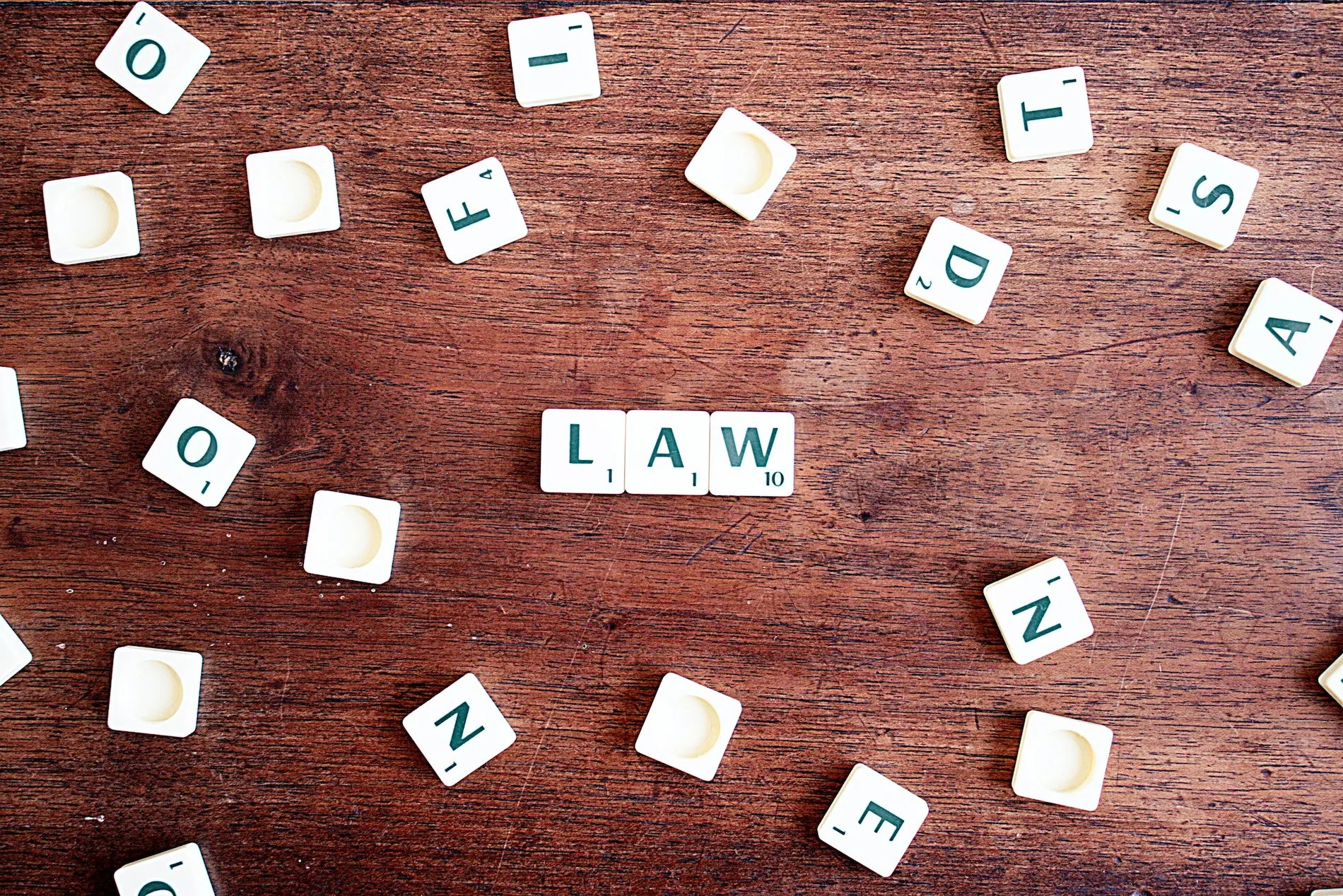
What is Child Custody?
When two spouses terminate a marriage, a court will determine how custody of the couple’s minor children is divided between the two parents. Child custody involves both physical and legal components. So in the end, there are two different issues for the court to resolve. On top of that, the court will decide whether one parent should have sole custody of the children or whether the parents should share joint custody of the children.
There used to be a time where the courts would almost presume that the mother should be awarded the custody of the child. That antiquated type of thinking is no longer present. The courts are adamant about weighing the best interests of a child in making custody decisions. They make considerations about the following when it comes to the parents:
- Physical and mental health of the parents.
- Ability of the parents to provide for the child’s basic needs.
- The parents’ emotional relationship with the child.
- The lifestyle of the parents
- Educational situation of the child.
- Preference of the child if they are old enough to communicate a rational preference.
When in the courts, these factors are weighed and considered with great measure. And as a child custody lawyer, we will make sure you are accurately represented in court to help with the outcome.

About Joint Custody Arrangements
When parents share joint custody of a child, they generally schedule according three needs:
- their work requirements
- housing arrangements
- the children’s needs
If there is no agreement on a schedule, then the court will impose an arrangement instead. It is common for children to split weeks between each parent’s house or apartment.
Other joint physical custody arrangements include:
- Alternating months, years, or six-month periods.
- Spending weekends and holidays with one parent. Then spending weekdays with the other parent.
- The children remain in the family home and the parents take turns moving in and out. This is called “bird’s nest custody” or “nesting.” It is not very common, but a possibility.
The courts have moved toward granting joint custody more frequently. However, they will grant sole custody in some cases when it seems to be in the child’s best interests. For instance, one parent might have abused or mistreated the child. A parent’s history of alcohol or drug addiction might make the court more willing to award the other parent sole custody.
Sole physical custody does not necessarily compare to sole legal custody. When a court grants sole physical custody to one parent, the other parent may still have substantial parenting time and a voice in key decisions involving the child. As your attorney, I can fight for your right to make sure you see your child.

When Do I Need To Contact a Lawyer?
If you are dealing with a current child custody case or are looking to file one, then it is likely time to consult a child custody lawyer. It is important to contact a lawyer who specializes in child custody cases, because they have the experience to help the next steps in the process. Different types of custody situations can provide you with the necessary living options you are seeking and we can suggest different options that would best benefit the child.
Understanding and researching these choices will benefit your circumstances later on. Seeking assistance when needed to grapple with the legal issues surrounding custody battles is recommended and is the right time to consult a lawyer. On top of that, when you have a lawyer, they can keep you updated if there are any changes to the law that might affect your legal rights and options.
For a no-obligation consultation regarding child custody, please reach out to us today. Ms Acevedo can discuss your options with you and provide you with a game plan on how to move forward regarding your child custody case. Other family law aspects we handle include guardianship, divorce, and adoption.
